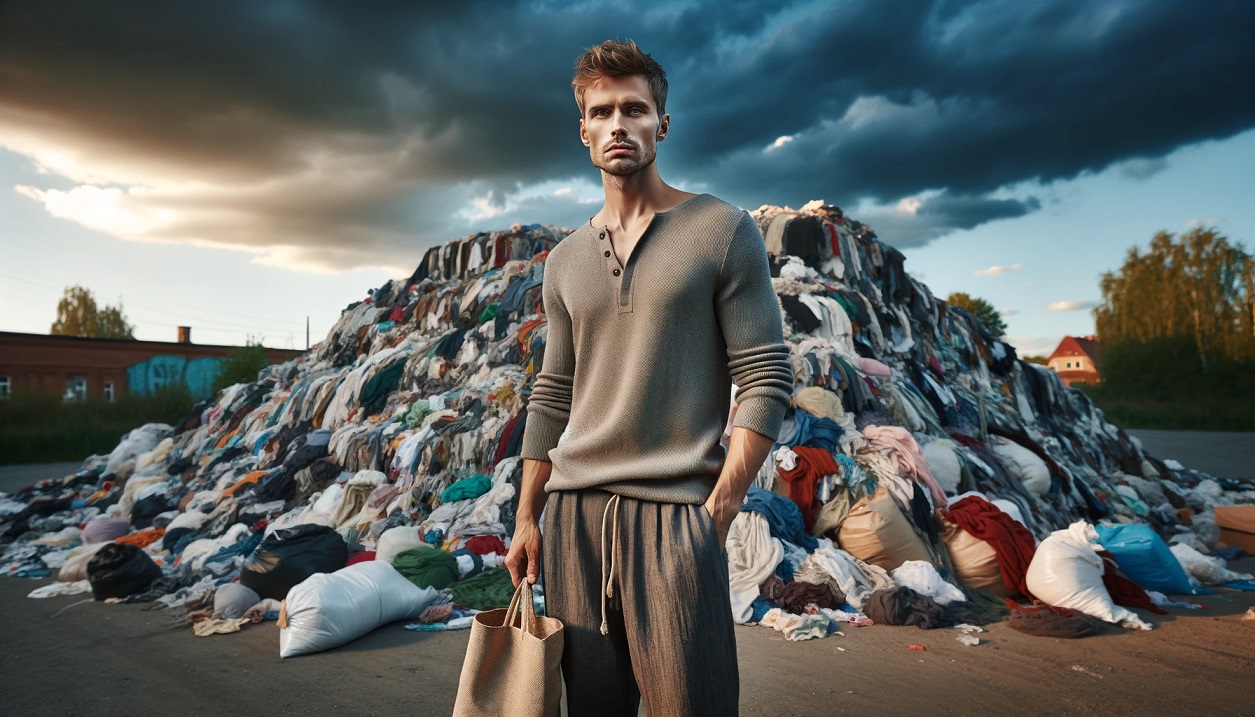In Europe, the textile recycling industry faces a critical threat. Costs rise. Sales drop. The industry, essential for the circular economy, teeters on the brink of collapse. Without swift, decisive action, we risk massive economic and environmental repercussions. Countries like the Netherlands, Germany, and the UK sound the alarm. The industry could crumble, leaving incineration as the bleak alternative. We need urgent EU intervention to save recycling and support reusability.
The Mounting Challenge
The textile sector in Europe has long been a champion of sustainability, advocating for a circular economy where waste is minimized, and resources are reused. However, recent developments threaten this vision. The industry responsible for sorting and recycling discarded textiles is grappling with severe challenges that could lead to its downfall. This comes at a time when the push for environmental sustainability is stronger than ever.
Economic and Environmental Stakes
The decline of textile recycling has dire consequences. Economically, the collapse would disrupt the supply chain for second-hand clothing, significantly impacting countries that rely on these imports. Environmentally, the failure to recycle textiles leads to increased waste and carbon emissions. As textiles skip recycling and head straight for incineration, all efforts to reduce the environmental footprint of the fashion industry could be undone.
Insights from Industry Leaders
Mariska Boer, President of EuRIC’s Textiles Branch, highlights the gravity of the situation. If recycling becomes unprofitable, we face a future where sustainable practices are abandoned due to financial inviability. This would not only affect local economies but also have far-reaching effects across the EU. The potential shift to incineration as the sole method of disposal is a stark warning of what might come if preventive measures are not taken.
Urgent Need for Policy Intervention
EuRIC has been vocal about the necessity for EU-wide policy intervention. The organization calls for the implementation of Extended Producer Responsibility (EPR) schemes under the revised Waste Framework Directive (WFD). Such measures would help stabilize the recycling market by shifting the economic burden back to manufacturers. Moreover, the introduction of mandatory recycled content in textile products and recyclability criteria through ecodesign regulation (ESPR) could boost the demand for recycled materials.
A Call to Action
The time for action is now. To prevent the collapse of this vital industry, EU policymakers must enact supportive measures that encourage sustainable practices and ensure the continued viability of textile recycling. By fostering a market for recycled textiles, we can protect the environment, support the economy, and maintain Europe’s role as a leader in sustainable fashion.
Conclusion: A Sustainable Future in Our Hands
The challenge is clear, and the stakes are high. We have the opportunity to reshape the future of textile recycling in Europe, ensuring it remains robust and sustainable. By understanding the importance of this industry and supporting necessary changes, we can influence how businesses operate and decisions are made, moving towards a more sustainable and economically viable future. The fate of European textile recycling hangs in the balance, and our actions today will determine its survival.



